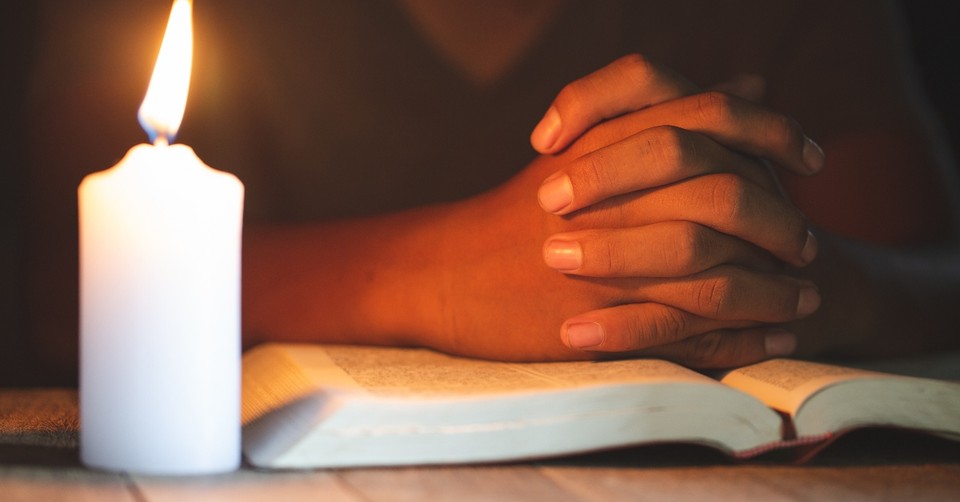One of the most astounding facts about prayer is that prayer works. Prayer is not just an abstract principle or theological doctrine. Prayer is not a religious placebo - something the faithful do to feel better but ultimately holds no power. Prayer affects the world. Prayer changes things in our lives, and in the lives of others.
This reality is displayed continuously throughout the Book of Acts. The apostles became well-known for their power-filled prayers. Prayer was a fundamental component of the apostles’ mission to the world. This directly contributed to the spreading of the gospel. The apostles did not just talk a good game, they changed people’s lives.
Examples abound. When a faithful woman named Tabitha died, for example, people immediately call for Peter to come. When Peter arrives, he does not just lend a comforting ear or speak to the grieving of the reality of heaven. Rather, Peter enters the room, kneels, and prays. In this marvelous account, Peter turns to the woman and says, “Tabitha, get up.” In response, Tabitha opens her eyes. Luke records “this became known all over Joppa, and many people believed in the Lord” (Acts 9:42). People believe because the gospel because of what Tabitha experiences as a result of prayer.
The interesting this about this event, however, is that it coincides with a similar event in the life of Jesus. Jairus, a leader in the synagogue, asks Jesus to heal his daughter who was close to death. Jesus agrees but is delayed at arriving at Jairus’ home. When the two eventually arrive, Jairus is told, “Your daughter is dead, why bother the teacher anymore” (Mark 5:35). Surprisingly, Jesus responds that the girl is not dead. This receives mockery from the crowd. There was no misdiagnosis, the people were not confused about her physical condition. The girl had died; thus, the crowd believes nothing more can be done. Jesus knows differently. He goes to her room, takes the girl by the hand, and says, “Little girl, get up.” Immediately, the girl gets up and begins to walk around.
Did you notice that both Jesus and Peter use the same words?
The tie between the two accounts suggests that Peter’s prayer is directly tied to the power of Jesus working through him. This occurs time and again. Peter, John, Paul, Barnabas, Philip, and Stephen are all recorded to have healed people through prayer. Christ’s power is manifest in the lives of the faithful. By prayer, the sick are made whole, the lame cured, and the dead raised. This may seem farfetched and fanciful today, but such occurrences are presented as fact. The apostles’ ministry was not one of empty words; they came with a demonstration of the Spirit’s power (1 Corinthians 2:4). It is a historical fact that the early Christian community, fueled by prayer, changed the world.
Photo Credit: ©GettyImages/Fizkes













